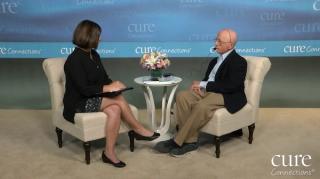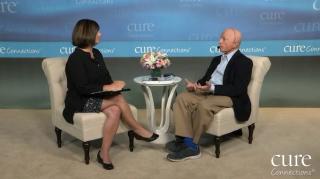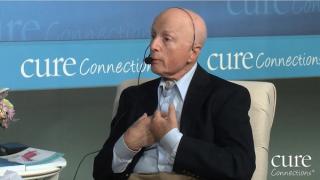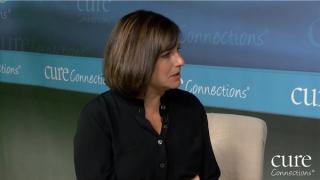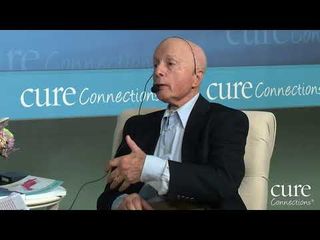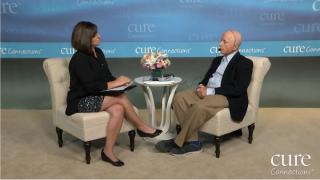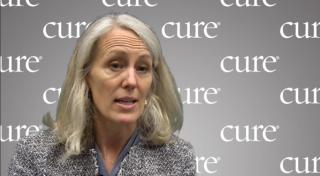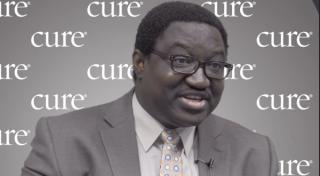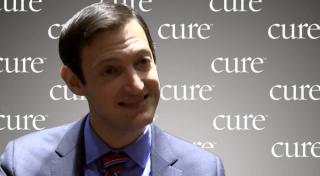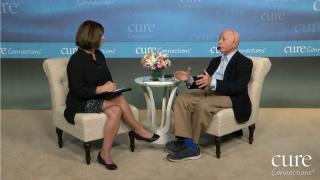
Head & Neck Cancer
Latest News
Latest Videos

More News

The Food and Drug Administration gave the green light to a phase 1/2 trial of KSQ-001EX for patients with melanoma, head and neck squamous cell carcinoma and non-small cell lung cancer.

From Dick Vitale to Make-A-Wish’s Miles Scott reveal that they are cancer free, here is what’s happening in the oncology space this week.

CURE® editors take a look back on last week’s major oncology headlines, from the cancer drug shortage to FDA approvals and the potential benefit of sexual activity for cervical cancer survivors.

I was diagnosed with a rare cancer in 2007, and it shaped who I am today.
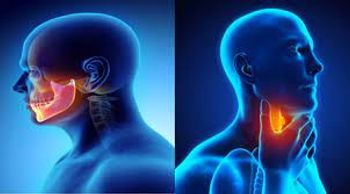
Patients with metastatic or recurrent head and neck squamous cell carcinoma had durable antitumor activity, according to findings from a phase 2 trial.

The Food and Drug Administration approved Loqtorzi with and without chemotherapy for certain patients with nasopharyngeal carcinoma.

Oral microbiome “plays an important role” in patterns of oral mucositis, an after-effect experienced by nearly all patients with head and neck cancer treated with chemotherapy and radiotherapy.


As Connor McGregor honors a fan who dies from cancer and Steve Scalise reveals information about his blood cancer, this is what’s happening in the oncology space this week.

Researchers are using artificial intelligence to diagnose sarcopenia in patients with head and neck cancer.

Bill C. Potts, author and five-time cancer survivor, lends his experience and tips about cancer to others in his book, “Up for the Fight.”
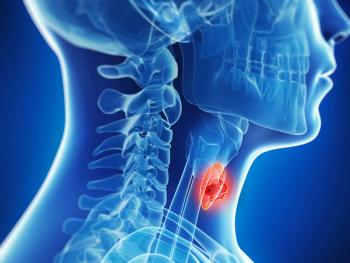
Patients with head and neck cancer treated with dysphagia-optimized intensity-modulated radiotherapy had improved swallow function compared with those treated with standard intensity-modulated radiotherapy.
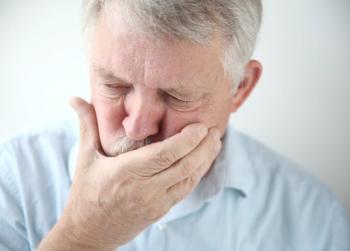
Patients with nasopharyngeal carcinoma treated with concurrent chemoradiotherapy reported higher quality of life and were less likely to experience vomiting when receiving fosaprepitant every week as opposed to every three weeks.

Researchers found a difference in outcomes between head and neck cancers with high and low expression of NF-kB, which may one day lead to more personalized treatments for the disease.
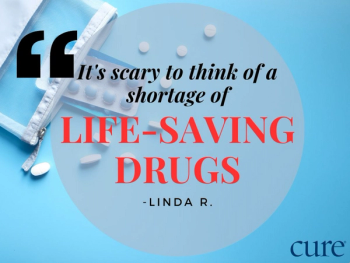
We recently asked our audience of patients, survivors and caregivers about the ongoing cisplatin and carboplatin shortage. Here’s what they had to say.
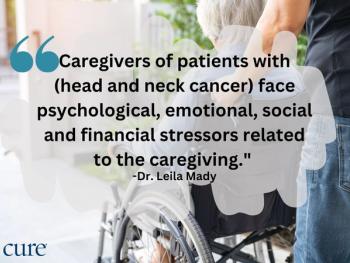
Caregivers of patients with head and neck cancer tend to face severe stress and burden related to their jobs, and it’s essential to implement more work-life balance.
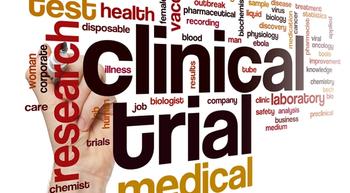
A randomized clinical trial, CHEERS, determined that the combination of stereotactic body radiotherapy (SBRT) and immune checkpoint inhibitors (ICIs) were ineffective as treatment for patients with advanced solid tumors.

From Stand Up to Cancer honoring survivors at a Minor League baseball game, to Maria Menounos showing her cancer scars on Instagram, here’s what’s happening in the oncology space this week.

Patients with advanced cancers who live in states that expanded Medicaid were more likely to receive early palliative care, although utilization remains low in the U.S.

Caregiver burden was prevalent among caregivers of patients with head and neck cancer, due to lack of patient employment and poor health-related quality of life.
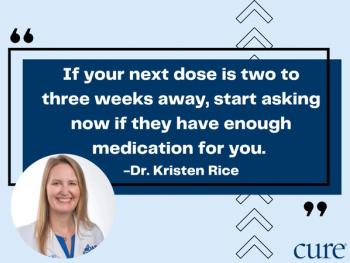
A chemotherapy shortage is resulting in altered treatment plans for many patients with cancer. CURE® spoke with experts about what that means for patients — and what they can do about it.

Treatment with a CAR-M cell therapy plus Keytruda is being assessed in a phase 1 study in patients with HER2-overexpressed tumors.

Being overweight might improve overall survival and progression-free survival for patients with head and neck cancer undergoing chemoradiotherapy, recent research showed.

From Shannen Doherty’s announcement that her breast cancer spread to her brain to a nonprofit being established in memory of the late YouTuber, Technoblade, here’s what’s happening in the oncology space this week.

From Edward James Olmos and Khloé Karsashian both discussing their cancer diagnoses to a survivor making a movie musical about her diagnosis and more, here’s what’s happening in the oncology space this week.






